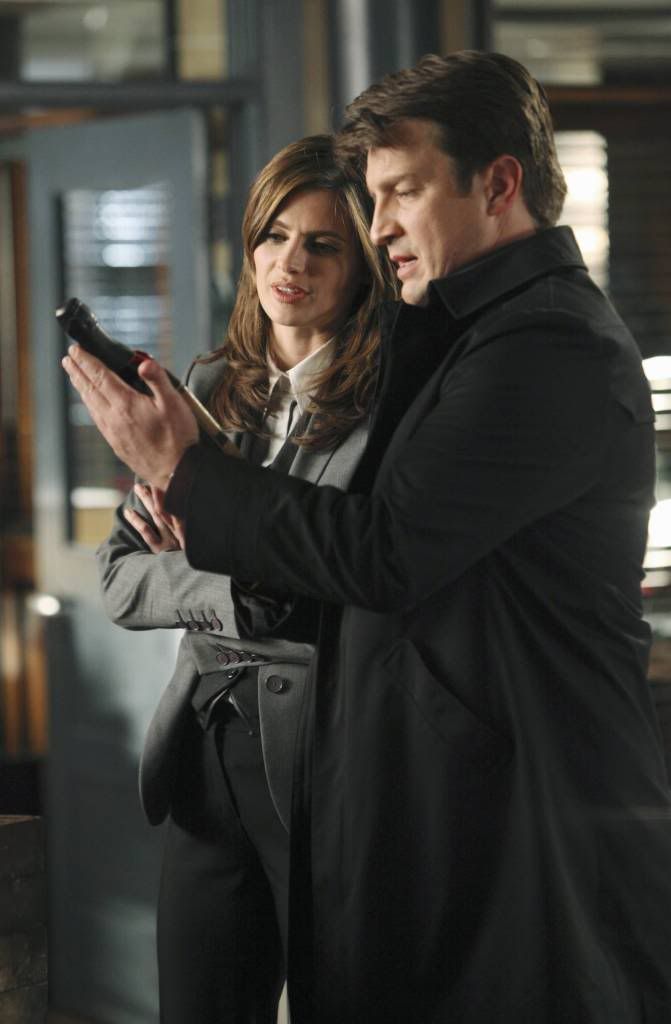 I don't like profanity. I can tolerate it in books (even enjoy it when it's well placed), but I personally--if ever--use it. When a 'choice word' does slip out, it's an event. Or I'm feeling awkward. Or lose my temper. Get cut off in traffic. Hmmm...
I don't like profanity. I can tolerate it in books (even enjoy it when it's well placed), but I personally--if ever--use it. When a 'choice word' does slip out, it's an event. Or I'm feeling awkward. Or lose my temper. Get cut off in traffic. Hmmm...Anyway, when I began writing, this showed as a fatal flaw in my work. A memorable instance occurred when my main character, in a heated situation, called his mom a 'wicked witch.' This insult resoundingly fell flat with my writing group (none of them are heavy handed with artistic verbiage). Unanimously they said the proper word for this instance was, 'bitch.'
Was I wrong? Yeah, I kinda was.
You see, it all boils down to your audience. If your target is the middle-grade market, then little to no profanity is expected. A religious market? Probably the same. But the Young Adult market is going to expect a curse word or two. This doesn't mean the author has to use profanity, but it's permissible. My story was a gritty YA sci-fi/horror mash-up, so an arrogant little prick of a son, would be expected to call his mother a bitch. Not using that word made my character instantly unbelievable.
Chuck Wendig, an author known for cursing, once said that he would get letters saying he had too many F-bombs while simultaneously getting additional letters wanting more F-bombs. In the end, he wrote what was comfortable for him, and let his audience choose whether they read the books or not. Chuck follows the mantra of George Carlin, "My argument is that you don’t need paprika or oregano or a few other things to make a stew, technically, either — but you make a better stew. If you’re inclined to make a stew of that type, “seasoning” helps."
Ranking Profanity
In my writing group, author Jordan Ricks suggested that curse words had a severity ranking from 1 to 10. Words higher on the list would be much more severe, and thus, used less frequently if at all. So there's a better chance that I'll use a 'hell' (ranking number 2), in my writing, than take the name of God in vain (a 10). This ranking system would naturally vary from person to person. And if you're feeling so inclined, socially offensive words could be added to the list as well. These words, however, could define a character more than a paragraph of purple prose, but should still be used cautiously.
Many years ago, I had the opportunity to serve as an LDS missionary. A few of the young men in my mission were--what I would call--less than apostolic. Nineteen year old boys can sometimes go awry, so consequently, my mission president was famous for uttering the words, "Damn it, Elder," when counseling wayward missionaries. One of these missionaries happened to ask him, if his swearing wasn't wrong as well. My mission president's reply? "Sometimes I have to say, 'Damn it, Elder,' just to get a missionaries attention."
And he was right.
Swearing is closely akin to an exclamation mark, and if you think about it, that's exactly what it is: an exclamation of intensity. Author David Morrell explained this principle best in, The Successful Novelist (If you haven't picked it up, I recommend you do).
"If the passage absolutely demands cursing, be moderate. A little of it goes a long way. I've seen beginning writers pepper curse words through sentence after sentence.The Final Word
'If you don't -blanking- get your -blanking-blank-blank- in to this house this -blanking- minute, I'm going to -blank- your -blank- and nail it to the -blanking- door.'"Two things happen when I read this junk: I get bored and I get angry. I didn't pick up your book to read garbage. If this is as clever as you can be, I don't want to read your prose. In life if you met someone who spoke like this, you'd want to flee. Then why put this stuff on the page?
"As near as I can determine, this abomination occurs because a writer is corrupted by the awful -blanking- dialog that movies inflict on us these days. It's also a sign of insecurity. The writer wonders if the dialog is strong enough and decides a lot of -blanking-blank- will do the trick.
"Someone might object that this kind of dialog is realistic in certain situations--intense scenes involving policemen or soldiers for example. I can only reply that in my research I spend considerable time with policemen and soldiers. Few of them curse any more than a normal person would. This garbage isn't realistic. It merely draws attention to itself and holds back the story. Use it sparingly."
Writing is--as always--an art. Every artist is different, which is fortunate because art is completely subjective. From King, to Heinlein, to you, each author paints with a variety of words, molding worlds for readers to explore. Just as one drop of paint can ruin a Matisse, one ill-used profanity can stagger a story. Readers are the final arbiters of what will be ultimately successful, but remember the words of Ricky Nelson, 'You can't please everyone, so you've got to please yourself.'



